1. Wi-Fi Is Never as Reliable as You Think
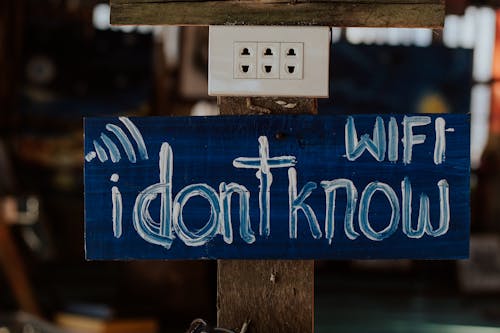
Every first-time nomad thinks a good café or Airbnb listing means good internet. The truth is, even when reviews rave about the Wi-Fi, speeds can be unusable once you try to upload files or hop on a Zoom call. Countries vary widely in infrastructure, and even within a city, one block might have fiber while the next struggles with basic connectivity. Many nomads quickly learn to invest in mobile hotspots and backup SIM cards just to stay afloat.
The reason this hits hard is because work often dictates travel freedom. Missing deadlines because of slow internet can mean lost clients or frustrated bosses. That stress can overshadow the thrill of travel if you’re not prepared. Eventually, every nomad builds their personal survival kit for staying connected.
2. “Cheap” Destinations Can Still Break Your Budget

On paper, living in places like Bali, Mexico, or Thailand looks incredibly affordable. But once you factor in coworking memberships, constant eating out, and spur-of-the-moment excursions, costs can skyrocket. Even things like visas, transport between cities, and occasional flights home add up faster than most expect. Budgeting as if you’re on vacation will drain your bank account in record time.
The hard lesson is that nomadic living isn’t the same as long-term tourism. You’re building a life, not just taking a trip, which means everyday expenses hit differently. Groceries, laundry, and medical insurance are suddenly important to track. Once nomads stop romanticizing the “cheap lifestyle,” they start budgeting like locals.
3. Healthcare Access Is a Constant Worry

It doesn’t matter how healthy you are, accidents and illnesses happen on the road. A small infection, a twisted ankle, or food poisoning can spiral into a bigger problem without insurance. Many first-timers skip health coverage because it feels expensive, only to regret it later. The reality is that even in inexpensive countries, hospital bills can add up to thousands.
Learning this often means a scary wake-up call during an emergency. Finding an English-speaking doctor isn’t guaranteed, and cultural differences in care can be confusing. Nomads quickly learn to research clinics before arrival and carry international health insurance. It’s one of those rules you wish you’d taken seriously from day one.
4. Overpacking Is the Fastest Way to Burn Out
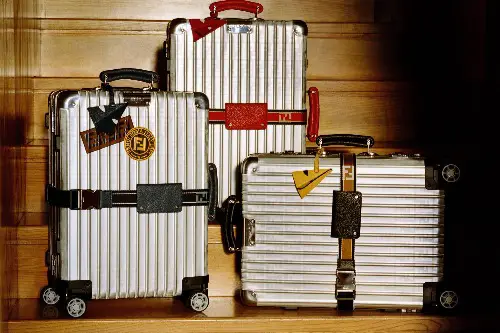
First-time nomads often drag half their closet and gear they never touch. The result? Hauling massive suitcases up narrow staircases, getting slapped with airline baggage fees, and constantly stressing over lost items. What feels comforting at home becomes a burden when you’re moving every few weeks.
Minimalism isn’t just trendy—it’s survival. Carrying less makes travel smoother, more flexible, and far less stressful. Most nomads eventually realize they can buy anything they truly need locally. Freedom comes not from packing everything but from learning to live with less.
5. Visa Rules Are Not Suggestions

Many beginners assume they can extend a visa on the fly or that overstays won’t matter. Immigration authorities, however, don’t see it that way. Overstaying can mean hefty fines, deportation, or even being banned from reentering a country. Every region has its quirks, and it’s on you to understand them.
This lesson usually hits when plans are disrupted by bureaucracy. Some visas require leaving the country every 30 days, while others allow multi-month stays. It takes research, organization, and sometimes costly “visa runs” to stay legal. Every experienced nomad has a story about learning this the hard way.
6. Loneliness Sneaks Up on You
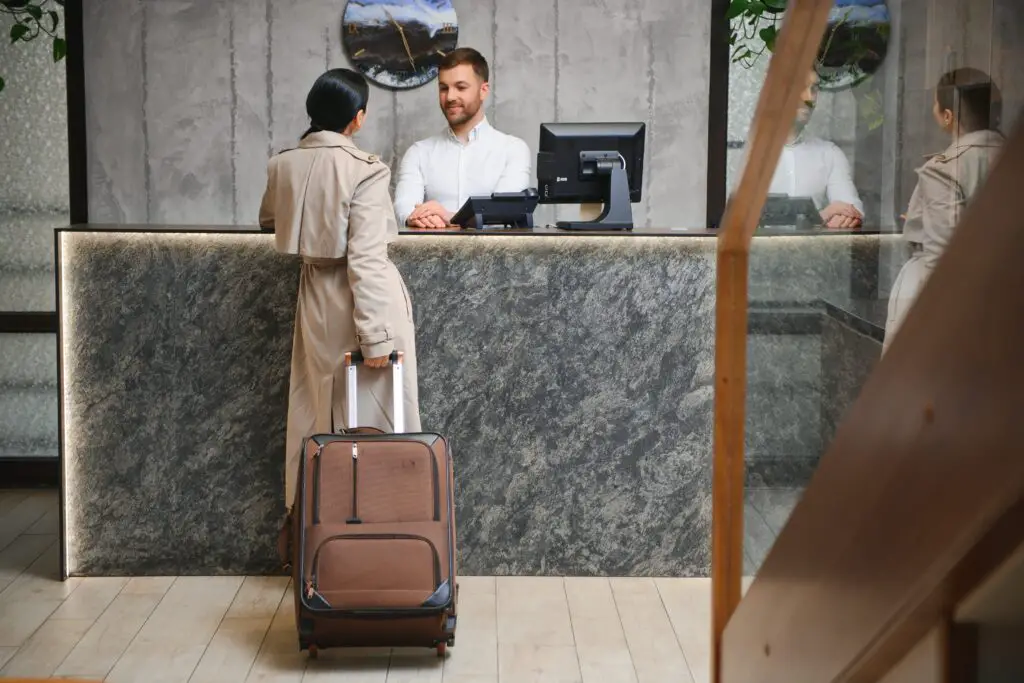
The Instagram version of nomadic life is full of beaches and smiles, but reality includes long stretches of solitude. Constantly moving makes it hard to build deep connections. Friends at home drift away, and local relationships can feel fleeting. Even surrounded by people, you may feel rootless.
This isn’t a reason to avoid the lifestyle, but it’s a truth that hits many unprepared. Coworking spaces, expat groups, and local clubs often become lifelines. Some nomads even slow their pace to build a sense of belonging in one spot. Learning to manage loneliness becomes just as important as managing finances.
7. Jet Lag and Time Zones Rule Your Work Life

Remote work sounds dreamy until you’re trying to sync meetings with clients nine hours behind. Suddenly, your “flexible lifestyle” means staying up until 2 a.m. or waking up before dawn. Time zone math becomes a daily challenge, especially if you’re juggling multiple clients across different regions. Fatigue sets in faster than most expect.
This affects productivity, mood, and even your enjoyment of travel. Many nomads eventually structure trips around work hours rather than destinations. That might mean skipping dream spots because the time zone just doesn’t work. Adapting isn’t optional—it’s survival.
8. Travel Fatigue Is Real

At first, hopping cities every few weeks feels like freedom. But after months of packing, planning, and adjusting, it becomes exhausting. You start to dread airports, border checks, and the endless hunt for housing. What once felt thrilling starts to feel like a second job.
This is why seasoned nomads often “slow travel.” Staying months in one place creates a balance between adventure and stability. It allows deeper cultural experiences while giving your body and mind time to rest. Pacing yourself keeps the lifestyle sustainable.
9. Local Laws Can Be a Shock

Not every country plays by the same rules you’re used to. Things as simple as renting a scooter, working from a café, or even using a drone can carry fines or risks. What feels normal at home can be illegal or heavily regulated abroad. Ignorance doesn’t protect you from consequences.
Nomads learn that a little research goes a long way. Reading up on traffic laws, digital work restrictions, or local customs saves headaches later. Respecting the laws isn’t just about avoiding fines—it’s about showing cultural respect. And respect usually opens more doors than it closes.
10. Cash Is Still King in Many Places

Despite the rise of digital payments, many countries still run heavily on cash. ATMs often have withdrawal limits, and international fees can eat into your budget. In some areas, credit cards are only accepted in big supermarkets or hotels. That makes cash flow management an everyday puzzle.
The lesson comes when you can’t pay for a taxi, a meal, or even accommodation without local currency. Savvy nomads plan ahead by always carrying some cash reserves. They also learn which apps and banks offer the lowest withdrawal fees. Mastering this keeps both your budget and your travels smooth.
11. Work-Life Boundaries Disappear Quickly

Living where you travel makes it tempting to blur lines. A morning at the beach easily turns into working late at night, or vice versa. Without structure, burnout creeps in silently. Productivity drops, and so does the enjoyment of your new environment.
Nomads eventually learn to set hard rules for themselves. Coworking spaces and daily routines often become non-negotiable tools. It’s not about recreating a 9-to-5 but about protecting your energy. Balance is what keeps nomadic living exciting instead of overwhelming.
12. Not Every Place Is Digital-Nomad Friendly
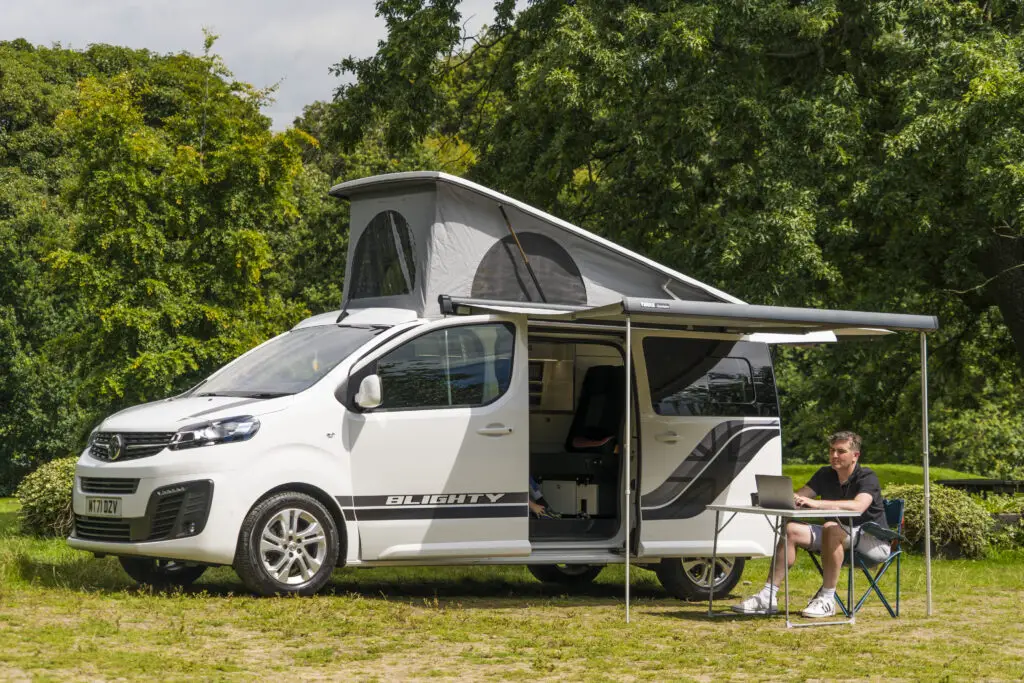
Photos make it look like you can work from anywhere, but that’s rarely true. Some towns lack infrastructure, community, or even basic safety for long stays. You might arrive at a “dream destination” only to find it unlivable for remote work. Expectations clash hard with reality.
This is why nomads trade tips in online groups and forums. Peer recommendations help you find destinations with coworking hubs, good Wi-Fi, and social networks. Trial and error is part of the process, but research makes it less painful. Eventually, you learn to spot red flags before committing.
13. Homesickness Doesn’t Disappear With Adventure
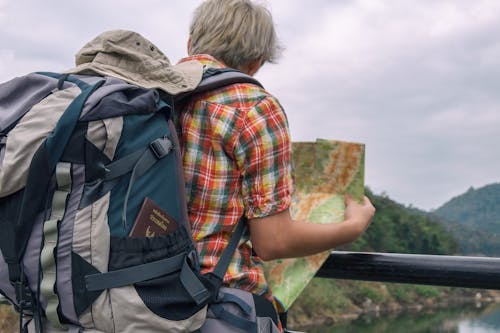
Adventure is thrilling, but missing birthdays, weddings, and even casual dinners back home stings. Over time, the gap between you and loved ones can feel enormous. Phone calls help, but they rarely replace being present. Many nomads are surprised by how deeply they miss the ordinary.
Acknowledging this makes the lifestyle easier to handle. Some nomads plan annual trips home or invite friends to join them abroad. Others build traditions like weekly video calls to stay grounded. Managing homesickness becomes part of maintaining happiness on the road.
14. You’ll Redefine What “Home” Means

At first, “home” feels like the place you left behind. But after months of moving, your sense of home shifts into something portable. Maybe it’s your backpack, your laptop, or the routine you create. Home becomes less about a location and more about a feeling.
This change surprises most first-timers but ends up being one of the biggest gifts. You realize you can feel grounded in multiple places—or even nowhere at all. That flexibility builds resilience and confidence. In the end, home is wherever you learn to belong in the moment.
This post 14 Nomadic Living Rules That First-Timers Learn the Hard Way was first published on Greenhouse Black.
